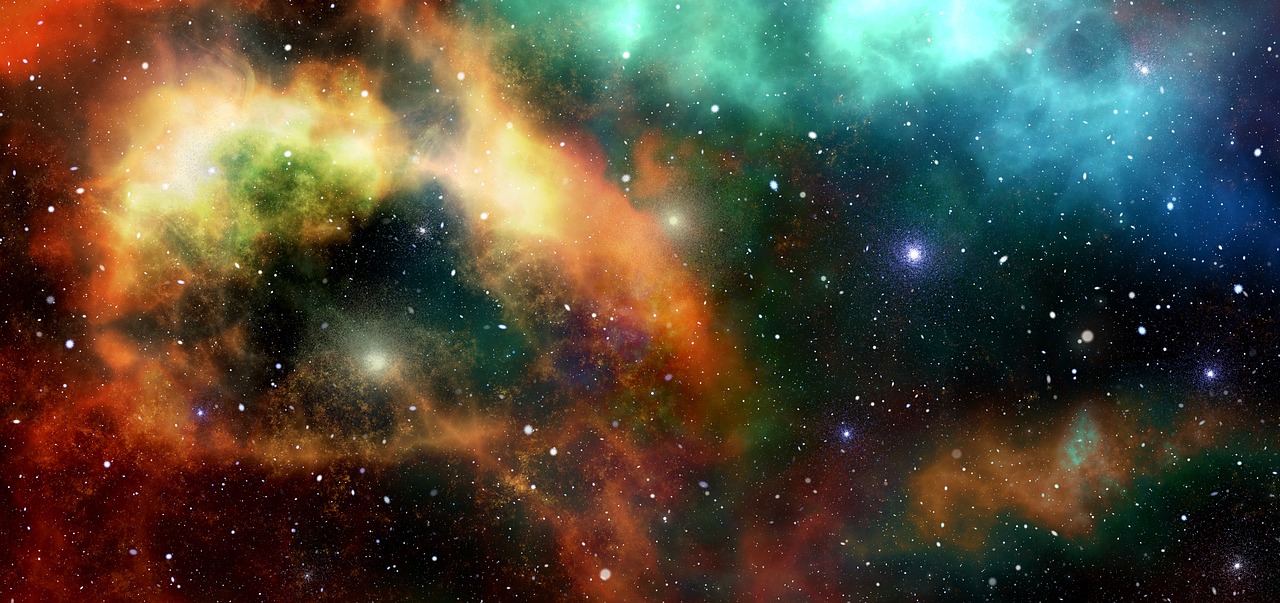Why is hydrogen so common in the universe?
Question from Alan O’Connell
As the simplest element (with just one proton in its nucleus), hydrogen was produced in vast quantities in the early universe. It has dominated ever since. Protons and neutrons appeared one second after the Big Bang. Pairs of protons and neutrons combined to form deuterium nuclei. These fused to create helium nuclei. But the abundance of protons relative to neutrons meant that single protons (hydrogen nuclei) outnumbered helium nuclei. This meant that the early universe ended up consisting of roughly 75 per cent hydrogen and 25 per cent helium atoms by mass. Other elements were created much later when hydrogen and helium fused inside stars.
Answered by Alexandra Cheung for Brain Dump in How It Works issue 103
To feature in our Brain Dump section, send us your questions to [email protected] or message us on Facebook or Twitter
For more science and technology articles, pick up the latest copy of How It Works from all good retailers or from our website now. If you have a tablet or smartphone, you can also download the digital version onto your iOS or Android device. To make sure you never miss an issue of How It Works magazine, subscribe today!





